Tuesday Sessions
Did you want to be in two places at once? Now you can go back and watch all the great NCSM virtual conference sessions you missed.
Session 1: 11:00 am – 12:00 pm EDT

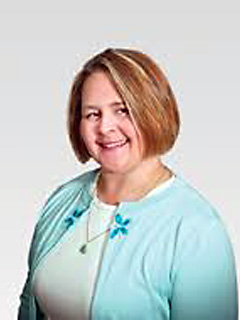
Mathematize It! Building A Systemic Plan To Encourage Early Problem-Solving and Mathematical Modeling Capacity Across Grades K-8
Sara Moore and Kimberly Morrow-Leong
What does it mean to see the world through a uniquely human mathematical lens—to mathematize? Mathematizing is a foundational skill for translating real world situations into mathematical models. Mathematizing requires a robust understanding the work of the four operations (+ – x ÷) Join us to plan a systemic approach to consistent language about the problem types and appropriate use of representations so that students learn to mathematize and develop understanding of the operations.
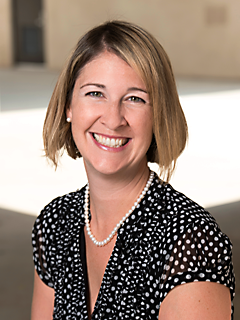
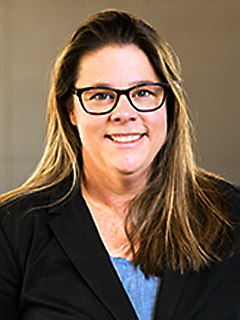
Why Be A Lucky Coach, When You Can Be A Great Coach?
Courtney Baker and Melinda Knapp
Too often we leave things to chance. Learn how to become a proactive leader by experiencing the Decision-Making Protocol for Mathematics Coaching. Guide leaders through complex choices as they work with audiences of individual teachers, teams, and administrators. Increase your impact by developing an agenda that balances your school context with NCTM Math Teaching Practices. Ensure equity by developing your ability to have courageous conversations to address contextual factors and respond to diverse student backgrounds. Rethink the way you engage with your leadership role to meet the needs of our online learning communities.
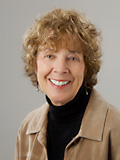
Ross Taylor/Glenn Gilbert Speaker Series: Why Teach Mathematics? How Do We Help Teachers Convince Students That Learning Mathematics Is Important?
Gail Burrill
Much of the focus on what students should know in mathematics has been on college and career readiness. NCTM’s Catalyzing Change suggests there is more to mathematics. What does this mean for teachers? Is knowing what factors are and how they connect to the roots of a function more important than being able to factor? Let’s consider how we can help teachers make choices that will engage all students in the mathematics in meaningful ways.
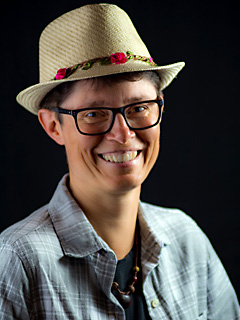
The Power Of Ideas: Letting Students’ Thinking Take Center Stage
Annie Fetter
Do your students believe that they have important mathematical ideas? Do they believe that mathematics makes sense and is about more than answers? Do you believe that students’ ideas should be at the center of the classroom? We’ll explore routines and strategies for eliciting, valuing, and leveraging students’ ideas in the PreK-2 classroom (and beyond!) and discuss why monitoring for sense-making is your most important job.
Session 2: 12:30 – 1:30 pm EDT
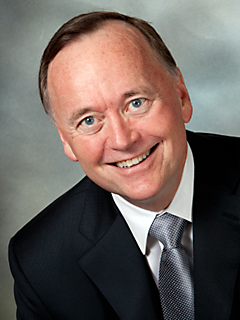
The New Culture Code: Simplifying The Complex Rules Of Change!
Tim Kanold
We can simplify the complex problem of systemic change through a relentless culture code that values: Improving the emotional impact of every teacher, leading the respectful treatment of every teacher of mathematics, and leading through a simple set of rules that stimulate complex, collaborative and intricate behaviors benefiting students. The teachers you lead can solve extremely complex problems using just a few rules of thumb. In this actively engaged session, we discover and discuss those rules!
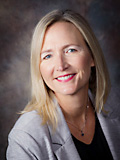

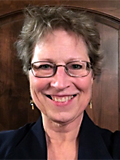
Changing Mathematical Mindsets With High School Number Talks: A Story Of Our Research
Jackie Palmquist, Alyssa Schneider and Pat Baltzley
At our high school, Number Talks create a classroom culture of risk-taking, encourage mathematical discourse, and give voice to all students. We investigated the impact of Number Talks on mathematical mindsets, building upon prior work by Carol Dweck and Jo Boaler. We will share the research and results including student and teacher testimonials. As a leader in the New Decade, you will leave this session empowered to explore the power of Number Talk routines.

Transitioning Our Teaching, Coaching, and Professional Learning To Online Environments
Mike Flynn
The Covid-19 crisis has created a situation where educators and educational leaders are faced with the challenge of doing their work in entirely new mediums. However, making these changes in haste to respond to the situation is presenting quite a challenge for many professionals. Participants in this session will learn how to adapt their work for online platforms without compromising the quality of the experience for their audiences. The distance learning situation may be a necessity right now, but it can also be a powerful platform for meaningful and transformative learning when done well. You will leave this session with solid ideas for how to teach, coach, and lead professional learning online.
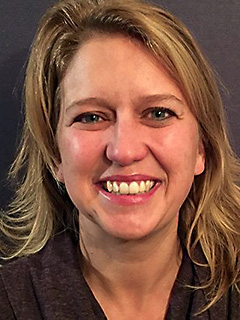
Delete Deficit Thinking; Why "Low Kids" And "High Kids" Is Inaccurate, Ineffective, Unethical, And Counterproductive
Rachel Lambert
Educators often describe their kids as "low" and "high" kids in math. Such thinking is based not only on deficit thinking, but on an oversimplication of mathematics, mathematical development, and mathematical ability. In this presentation, I will provide research from mathematics education and neuroscience, arguing that "low" and "high kids" is not effective, not scientifically accurate, destructive to student’s construction of identities as math learners, and contributes to a lack of access to meaningful mathematics.
Session 3: 2:30 – 3:30 pm EDT
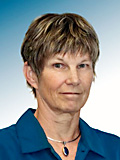
Relating Decimals, Fractions, And Ratios For Deeper Understanding: How Are They Alike and How Are They Different?
Karen Fuson
This presentation and participant discussion of connections within and across decimals, fractions, and ratios focuses on how leaders can help students and teachers build conceptual webs of understandings from Grades 2 to 6. We together will articulate and relate learning paths in these domains, describe common student errors that arise from confusions among these concepts, and discuss how to overcome such errors. I will share and participants will discuss research-based approaches in these domains.
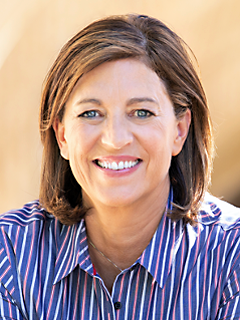
What Is Mathematics?
Jo Boaler
Our mathematical world has changed beyond recognition, yet schools still teach a sequence of high school courses designed in the 1800’s. The mis-match between the mathematics students need to use in the world and the mathematics they encounter in schools has become dramatic and is now being noticed by increasing numbers of people. In this session I will describe the pathway that I have been following since receiving a phone call from Steve Levitt (economist and author of Freakonomics) asking if I would help him change high school math. I will also describe the work I am doing as part of the writing team for the New California Mathematics Framework — with the goal of bringing 21st century mathematics to students in California.
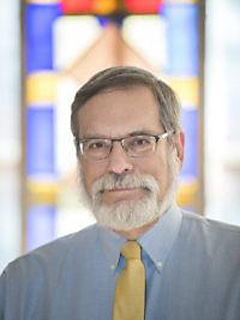
Blunt Observations And Practical Strategies For Orchestrating Far More Impactful PD In Mathematics
Steve Leinwand
It is clear that what passes for PD of teachers of mathematics is seriously under performing. Rarely does typical PD change teacher knowledge or classroom practice, which is why it so rarely improves student achievement. This session will take a careful look at why this is so and how we need to make accessible but radical changes in what passes for PD and what has a much more likely chance of improving student achievement.
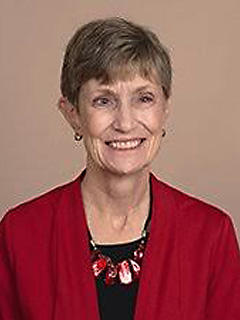
Orchestrating Productive Mathematics Discussions: Overcoming The Challenges
Peg Smith
The 5 Practices—anticipating, monitoring, selecting, sequencing and connecting—provide a model for effectively using student responses in whole-class discussions that is intended to make discussions more manageable by moderating the degree of improvisation needed during the lesson. Enacting the model, however, is not without its challenges. This session will focus on identifying challenges associated with orchestrating productive mathematics discussions and providing insights on how to address those challenges.
Session 4: 4:00 – 5:00 pm EDT
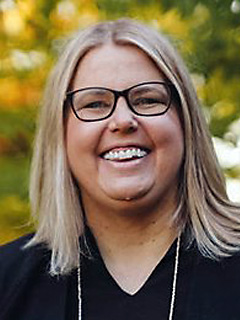
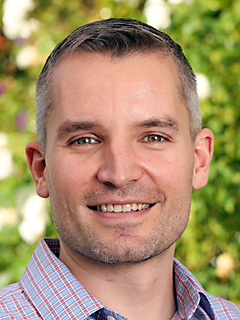
The Beauty Of Movement: Increasing Discourse In Mathematics Classrooms
Sara VanDerWerf and Chris Luzniak
The joyful sound of every student engaging in rich mathematical discourse is possible with a commitment to MOVEMENT. We will share why movement in your classroom is a non-negotiable and model practical ideas of how to make movement a professional development and classroom norm. Be prepared to move and speak about mathematics during this session.
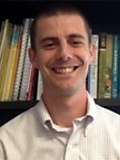
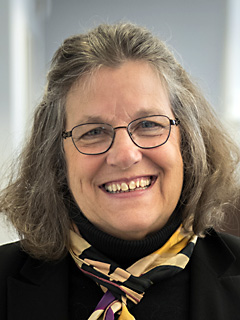
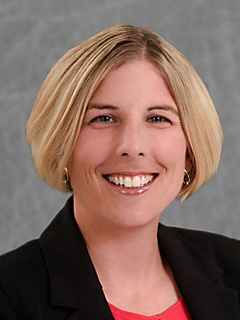
The Math Shark Tank: Entrepreneurial Challenges For Middle Grades
Michael Belcher, Jere Confrey and Erin Krupa
The Design & Pitch (D&P) Challenges in STEM is a novel mathematics curricular framework that combines features of project-based learning, design-based learning, and entrepreneurial-based learning within entrepreneurial pitch competitions. Attendees will explore the overarching framework, overviews of the nine challenges, and an example challenge in which students build, test, refine, and monetize rating/ranking algorithms. Presenters will discuss preliminary findings on how this framework can increase students’ interest and engagement in STEM, while supporting mathematics learning.
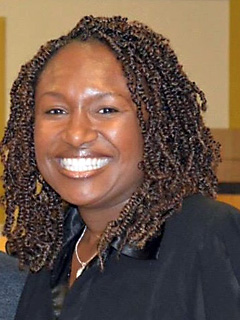
Talk Number 2 Me: Mathematics & Mindfulness
Christina Lincoln-Moore
What is school for? To educate? Do we draw out students’ talents and passion for mathematics? Social-Emotional Intelligence is the key component to engendering formidable mathematical learning. Dynamic Mindfulness is a trauma-informed mindfulness program that strengthens students’ identities as sense-makers and problem solvers. Let’s examine how the TRU Framework and Emotional Intelligence will build powerful mathematical identities and master the Standards of Mathematical Practice.
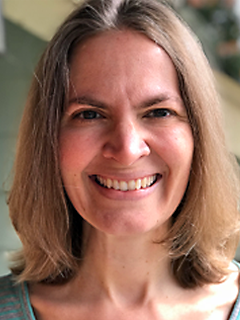
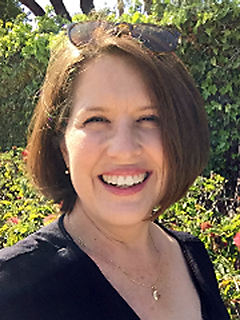
Cultivating Agency, Mathematical Understanding, and Conversation Through Mathematical Language Routines
Jennifer Wilson and Vanessa Cerrahoglu
How do we prepare learners to take an active role in their own sense-making of mathematics? How might we support all students in developing mathematical language to communicate their thinking through writing and speaking? Let’s consider how Mathematical Language Routines both create a need for students to converse with others about mathematics and empower students to share their ideas around mathematical problems in ways that foster understanding.
